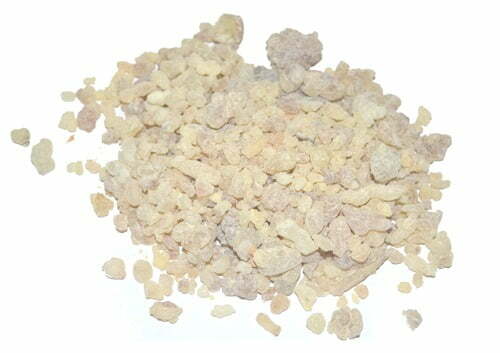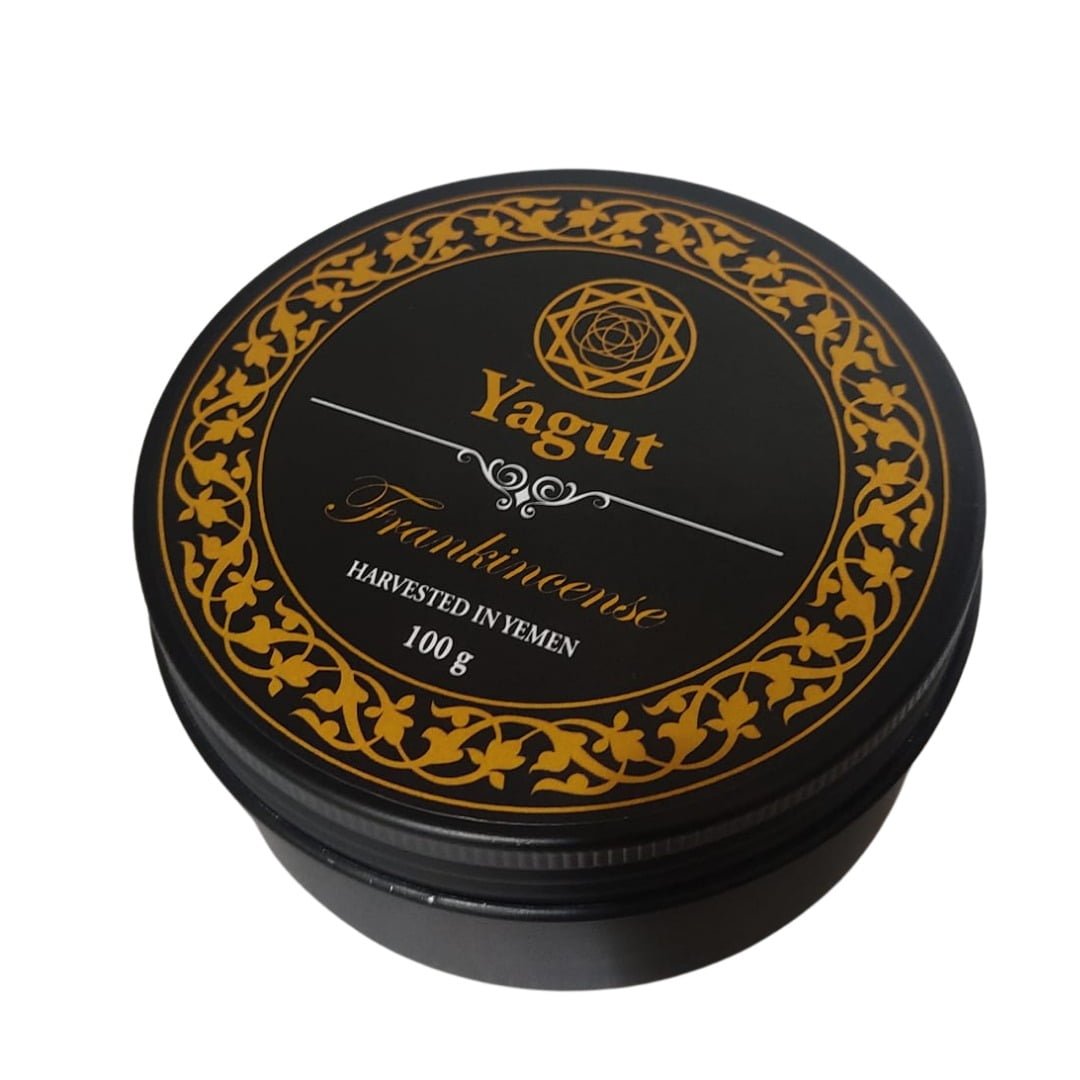Yemeni Frankincense: History, Cultural Significance and Yagut Lubban.
Frankincense, an aromatic resin derived from the Boswellia tree, holds a significant place in Yemeni culture and history. Yemeni Frankincense is renowned for its exceptional quality and has been a vital trade commodity for centuries. This precious resin not only boasts aromatic allure but also carries deep cultural and spiritual significance.

The Boswellia tree, native to the arid regions of Yemen, particularly in the mountainous areas of Dhofar and Hadhramaut, is the primary source of Yemeni Frankincense. The extraction process involves carefully scoring the bark of the tree to allow the resin to ooze out and solidify into golden tears. This labor-intensive process requires skill and precision, passed down through generations in Yemeni communities.
Historical Significance and Trade Routes:
The history of Yemeni Frankincense dates back to ancient times when it was a coveted commodity along the trade routes that connected the Arabian Peninsula to the Mediterranean and beyond. The ancient Egyptians, Greeks, and Romans valued Frankincense not only for its pleasant fragrance but also for its use in religious ceremonies, perfumes, and medicinal applications.
Traditional Medicine and Cultural Practices:
In Yemen, Frankincense has been an integral part of traditional medicine for centuries. Its resin is believed to possess various healing properties, from alleviating respiratory issues to promoting skin health. Traditional healers, known as “tabibs,” have relied on Yemeni Frankincense to formulate remedies that are passed down through generations.
Beyond its medicinal uses, Yemeni Frankincense plays a central role in religious practices and rituals.
It is often burned as incense in mosques and homes during religious ceremonies and special occasions. The cultural significance of Frankincense is deeply woven into the fabric of Yemeni society, reflecting a connection to ancient traditions and a reverence for nature.
Economic Importance and Challenges:
Yemeni Frankincense also holds economic importance for the region. The resin has been a key export for Yemen, contributing to the livelihoods of many communities involved in its production. However, the industry faces challenges, including environmental stress, fluctuating market demands, and geopolitical instability.
In recent years, efforts have been made to promote sustainable harvesting practices and support local communities involved in the Frankincense trade. Organizations and initiatives aim to preserve the Boswellia tree populations, ensuring the longevity of this valuable resource and maintaining the ecological balance of the region.
Yagut Frankincense:
Explore the exquisite world of Yemeni Frankincense with Yagut’s Yemeni Lubban. Immerse yourself in the captivating aroma of this curated selection, carefully sourced to bring you the finest quality. Each golden tear tells a story of ancient traditions and cultural richness, making Yagut’s Yemeni Lubban a unique addition to your collection.


Discover and purchase Yemeni Lubban at Yagut.com, where tradition meets excellence.
Preserving Cultural Identity:
Despite the challenges, Yemeni Frankincense remains a symbol of resilience and cultural identity for the people of Yemen. The aromatic resin continues to captivate the senses of those who encounter its rich fragrance, carrying with it the echoes of ancient trade routes, medicinal traditions, and spiritual practices.
In conclusion, Yemeni Frankincense stands as a testament to the enduring cultural and historical legacy of the Arabian Peninsula. Its aromatic allure, medicinal properties, and spiritual significance have woven a tapestry that connects the past with the present. As efforts continue to sustainably manage the production of this precious resin, Yemeni Frankincense remains a cherished and valuable treasure, both for the people of Yemen and for those who appreciate the cultural heritage encapsulated in each fragrant tear.
